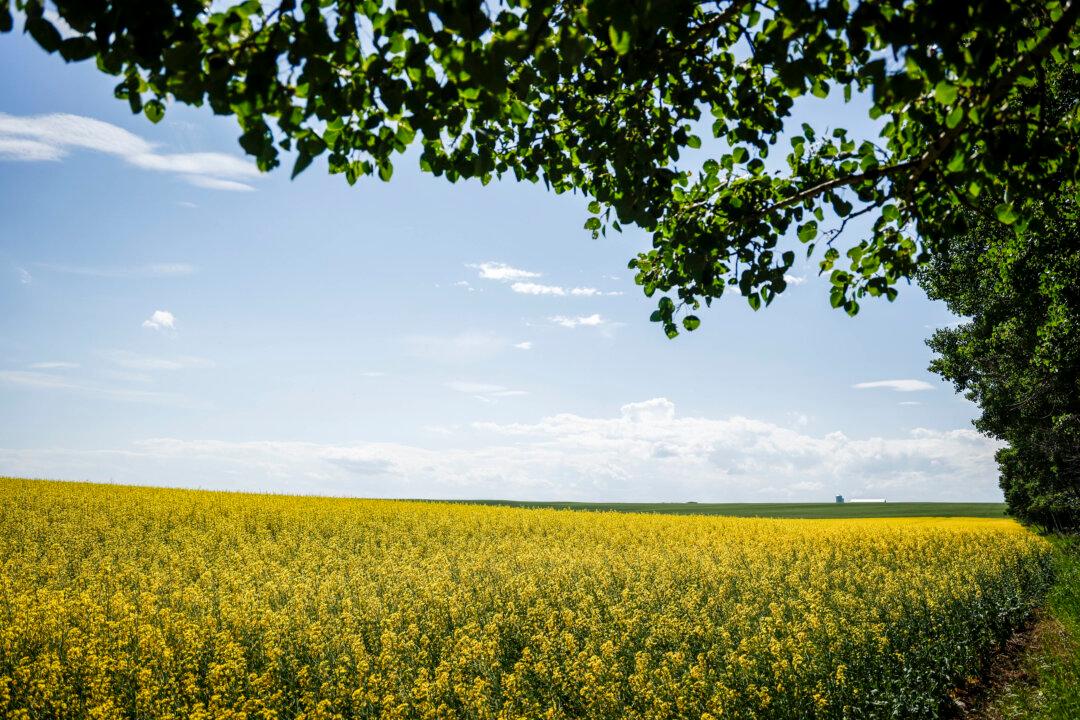A potential Chinese ban on Canadian canola could cost billions, but thanks to market diversification, the industry is now better equipped to handle such a setback compared to when a similar measure was imposed in 2019, a global credit rating agency report says.
China announced an anti-dumping investigation into Canadian canola imports this week, shortly after Ottawa imposed a 100 percent tariff on Chinese electric vehicles. This move aligns with measures from the United States and European Union to address what the countries describe as unfair Chinese trade practices.





